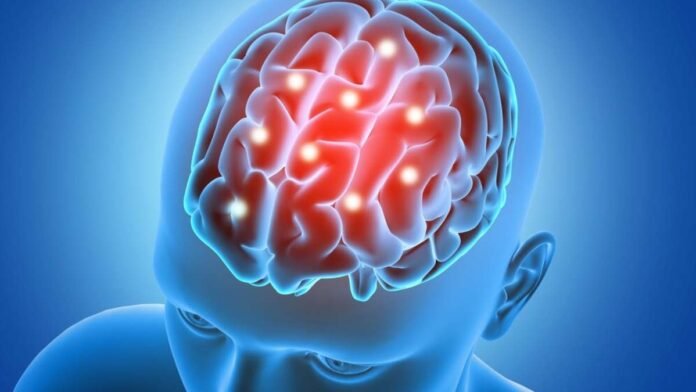Mental health issues in children are rising due to awareness and better medical services, especially in cities. The prevalence of these diseases is 9.2% in 2-6 year olds and 13.6% in 6-9 year olds.
Child mental health issues are rising quicker than a decade ago. This is due to increased medical facilities and awareness, especially in cities. A big population-based study found 9.2% neurodevelopmental abnormalities in 2-6 year olds and 13.6% in 6-9 year olds.
Dr. Rajni Farmania, DM Pediatric Neurology, Senior Consultant Pediatric Neurology, BLK-MAX Hospital, New Delhi, lists epilepsy, developmental delay, cerebral palsy, neurodevelopmental disorders like ASD and ADHD, childhood migraine, neuroinfectious, and autoimmune disorders as
Most diseases have multiple causes. Environmental and genetic risk factors cause neurological disorders. Improved diagnostic methods uncover infectious, immunological, and genetic reasons. Many genetic illnesses can now be detected prenatally. Early identification is essential for preventing genetic disorder babies.
Early detection and prevention of neuro disorders:
Complete genetic evaluation and counseling for families with genetic or neuro abnormal children. Needs-based genetic testing.
All mothers should have antenatal exams and high-risk pregnancies referred early.
Correct motherhood nutrition and disease management
High-risk babies need hospital births and neonatal care.Postnatal procedures:
All babies examined for hormone, metabolic, and genetic disorders.
All neonates should have hearing tests to prevent speech delay.
Good nutrition and vaccination prevent sickness.
Chronic illness and neurodevelopmental screening should be done routinely by a pediatrician for children under 3.
Prevent neurodevelopmental disorders in children under two by limiting screen time.
Lifestyle changes: Pediatric diet, sleep, and exercise management can prevent migraines, brain cyst seizures, hypothyroidism, and behavioral disorders like poor focus and anxiety.
Head trauma and lasting brain damage can be prevented by toddler care.
When early symptoms appear, refer a child to a specialist/superspecialist. Conclusion
Mental health issues in children are rising due to awareness and better medical services, especially in cities. Neurodevelopmental issues affect 9.2% of 2-6-year-olds and 13.6% of 6-9-year-olds. Childhood epilepsy, developmental delay, cerebral palsy, ASD, ADHD, migraine, neuroinfectious, and autoimmune diseases are prevalent. Most diseases are inherited and environmental. Genetic illnesses must be diagnosed early to prevent birth. Prenatal efforts include genetic counseling, antenatal examinations, appropriate nutrition, and mandated hospital births. Postnatal measures include newborn screening, hearing tests, good nutrition, vaccination, regular doctor visits, screen exposure avoidance, lifestyle changes, and early detection specialist referrals.



